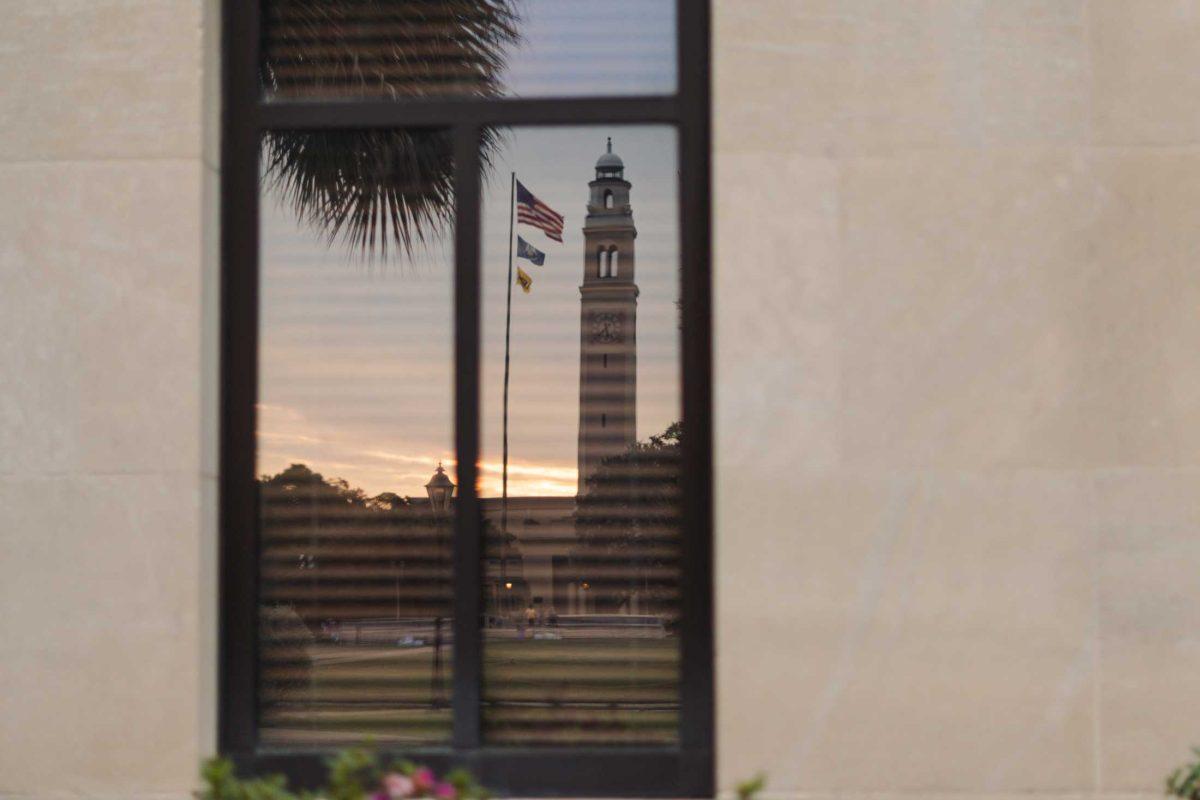Hamood Qureshi said he usually doesn’t give a second thought before disregarding email invitations to college honors societies.
As an honors sophomore studying chemical engineering, he said his inbox is usually full of more important things than considering the merits of organizations that are often regarded as scams or are, at least, guilty until proven innocent.
Many LSU students said they have similar feelings to Qureshi’s regarding honors societies chapters. The narrative they describe is usually that there are some worthwhile societies, but they don’t know which ones are. Worse yet, the ones that aren’t worthwhile offer hollow promises for large sums of money.
But joining a college honors society can offer many opportunities. Most offer students an international network of academics and a plethora of scholarships. They can also provide community and projects for qualifying students. This comes at a cost of time and money, and prospective students want the assurance that what they’re joining is legitimate.
“Students come here all the time and say, ‘Does joining one of these honors societies look good on a resume?’” said Blake Winchell, faculty–staff sponsor for National Society of Collegiate Scholars and associate director of student services at LSU’s Olinde Career Center.
He compared college honors societies to any other organization: Having a genuine interest and active role in any organization will benefit a resume, but more than simply holding membership is required to have a shining resume. Like any student organization—sports related, professional, Greek or hobby—a repertoire of activity is required.
“I think the idea that honors societies advertise might give off the impression that there’s something different than any other student organization,” Winchell said.
NSCS’s $97 lifetime membership fee is for funding things the organization does, such as transportation to events and food for general meetings. Prospective students will also need a 3.4 grade point average (on a four-point scale) to be considered eligible.
Winchell said he couldn’t speak on behalf of all of LSU’s honors society chapters but confirmed that NSCS was a nationally recognized organization that could provide discounts to other organizations and test-prep, networking opportunities in and out of Louisiana and access to the scholarships via the national structure.
NSCS’s website also said that it was recognized by the Association of College Honors Societies, a resource dedicated to determining national college honors societies’ legitimacy.
Winchell said that when the national side of NSCS sends out invitations to eligible students, he usually follows up with an email sent directly by him to add clarity and add to the organization’s legitimacy. When he inevitably receives questions about the society’s legitimacy and worth, he usually redirects the inquirer to the student president of LSU’s chapter, mass communication senior Kiersten Volion.
“I had the same concerns when I was getting invites,” Volion said. “I still get invites all the time.”
She, too, had doubts before joining, she said, but felt reassured after verifying NSCS’s legitimacy through LSU’s website.
Volion received a $1,500 scholarship from NSCS after submitting an essay and completing a questionnaire through the society’s national scholarship website portal. She said the organization can provide lots if members put in the time and effort.
Volion said member activity within NSCS is limited. Around 20 of the over 200 members attended the induction ceremony of new members to the society, including the members being inducted. She also said the organization failed to collect any food for a Thanksgiving food drive.
“You’d be surprised how little people are willing to put into things they pay for,” Volion said.
Volion, like Winchell, also believes that the branding of college honors societies might make them sound appealing, so members join but don’t participate much because they had the wrong impression of the organization. She said she understands how busy the average student is, as a student with two jobs herself, but said it’s hard to communicate with and motivate members from the perspective of a student-officer.
These problems contribute to Qureshi’s secondary concern about honors societies: even if the organization is legit, is it one that’s worth my time?
Qureshi said the societies that interested him were those more akin to Omega Chi Epsilon, which is specific to his major. He also believes that societies with laxer entry requirements, like NSCS or Golden Key, might not be prestigious enough to be worth the time or effort and might draw a crowd that isn’t invested in contributing to the society’s service mission.
Drew Lamonica Arms, associate dean of the Ogden Honors College and president of LSU’s Phi Beta Kappa chapter, said that most students are right to be skeptical toward honors societies, especially given how much spam they receive from them.
She said that participation with the right society can hold “significant weight” on a resume, but that she couldn’t speak on behalf of the climate of other chapters at LSU.
She advised students to use the resource mentioned by Volion, LSU’s list of accredited honors societies, and to do independent research on the society of interest, like using the ACHS.
“Being informed of what to look for when you get a solicitation is important and figuring out if it’s worth it for you,” Arms said.





